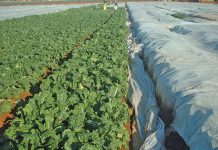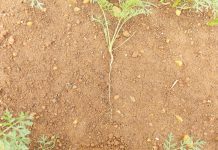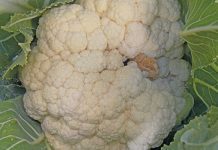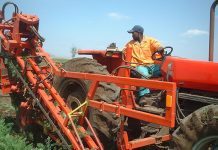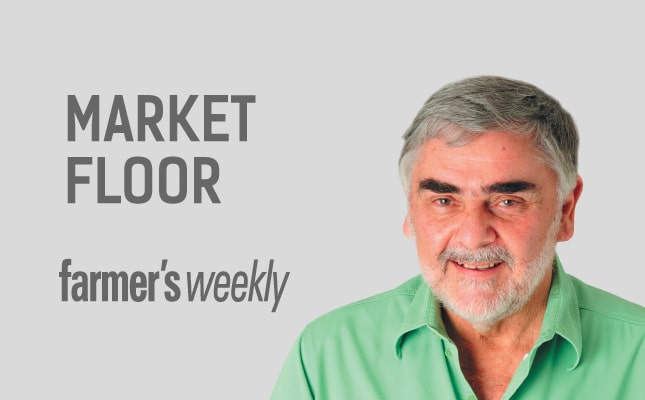
The idea was not without precedent. In the distant past, a ‘market masters’ agency’ operated alongside private market agents on many markets. Over the years, however, these market masters’ agencies could not compete with privately owned agencies and they all closed.
Since then, the clear division between the market owner as provider of the facility and the market agent as provider of sales-related services has become firmly established.
Hamilton tried combining the two into one, and the ‘Hamilton Option’ failed in spectacular fashion within a year. But there are still market people today who insist this is the way to go.
Undermining the agent-farmer relationship
Apparently, the Tshwane Market is trying to develop its own IT sales programme, which will include the facility to pay farmers. This is contrary to a 150-year old practice where the market agent pays the farmer.
Paying the farmer lies at the heart of an agent’s services to his client. Take that away, and you undermine the entire relationship with that client.
Isn’t that what the Hamilton Option is really all about? Drive a wedge between farmer and agent so that the latter ultimately goes out of business, then step in and say, “Don’t worry, we’ll provide the service”?
The relationship between farmer and agent is the ‘oil’ of the fresh produce engine. But being good bureaucrats, our Hamilton Option supporters don’t always appreciate the finer points of doing business. They rely on rules and enforcement to do the job. They don’t appreciate the need for understanding, patience and close cooperation.
Let’s hope the Hamilton Option remains nothing more than an irrational idea seen for what it is: a way to gather even more power into the hands of a few.
Michael Cordes is an agricultural journalist, consultant, trainer and former farmer.

